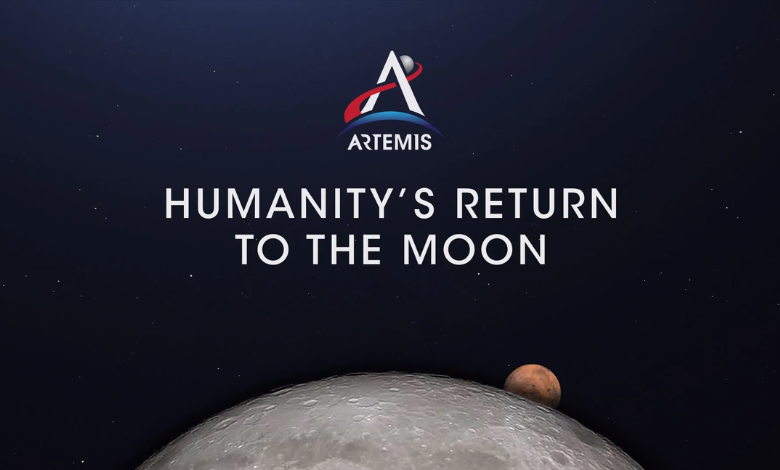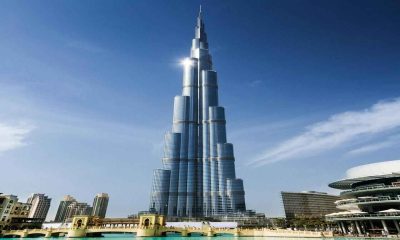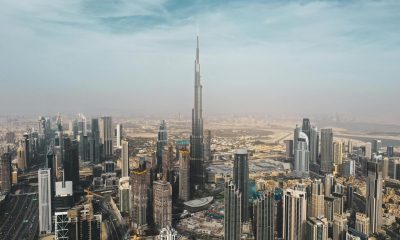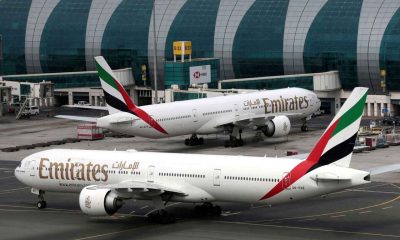The UAE-US collaboration on the prominent Artemis programme, seeking to send humans back to the lunar surface, is key to “unravelling the mysteries of the cosmos for the benefit of all mankind,” Emirati astronaut Sultan Al Neyadi has said.
He told a recent event in the US that the enduring relationship between the UAE and the US is “rooted in the boundless pursuit of space exploration,” adding “our journey is underpinned by technological achievements and the unwavering spirit of collaboration.”
Organised by the UAE embassy, Friday’s events convened leaders from Nasa and the UAE Space Agency, in addition to industry representatives, to bring in the limelight the continuing collaboration between the two countries beyond Earth’s atmosphere.
“There is so much commonality between our nations,” noted James Free, associate administrator of Nasa, highlighting “our tremendous ambitions in space to strong political support for the space industry.” “Seeing our humans in space is a common ground.”
Lunar Gateway key to future missions to Mars and beyond
The ambitious Artemis programme has grown out of the Artemis Accords, responsible for cementing the norms to be followed in space. Signed by 35 countries, including the US and UAE, the agreement has taken space exploration to greater heights.
The programme seeks to land the first female astronaut, first person of colour and Nasa’s first international partner astronaut on the lunar surface. The Lunar Gateway, or a lunar space station, is key to future missions to planet Mars and beyond.
The ultimate objective is to build a sustainable base on the moon in order to pave the way for future missions to other parts of the solar system. In January, Nasa and the UAE’s Mohammed bin Rashid Space Centre announced the Emirates’ decision to provide the airlock.
Emirates airlock will be a highly important part of the Lunar Gateway, as it will function as a portal for astronauts and science research transfers between the station’s habitable environments and space, reported The National.
But a handful of major challenges remain: Check out
Hazza Al Mansouri, the first UAE citizen to travel to space, told the media agency: “To prepare astronauts, it is really a very challenging, very long-term preparation.” Human space flights demand a lot of efforts to be a success.
The European Space Agency has noted that astronauts spending long periods in space could receive radiation doses up to 700 times higher than on Earth. In addition, there are other problems such as bone density loss, muscle atrophy and cardiovascular issues.
The Emirates is reported to be contributing not only the crucial airlock to the lunar space station but also an astronaut to the Artemis missions. The country currently has four trained astronauts, two of whom have already been to space, including Al Mansouri and Al Neyadi.
“The private sector has a really pivotal role in providing that sustainable environment,” said Noora Alsaeed, senior space science researcher at the UAE Space Agency, highlighting their goal to take exploration to the “furthest possible point that humans can achieve.”
She noted that lunar missions can help scientists gain a better understanding of Earth’s satellite and also provide a jumping-off point for future missions to the asteroid belt and Mars. Undoubtedly, the UAE-US collaboration is key to making sure the plans are a success.






















